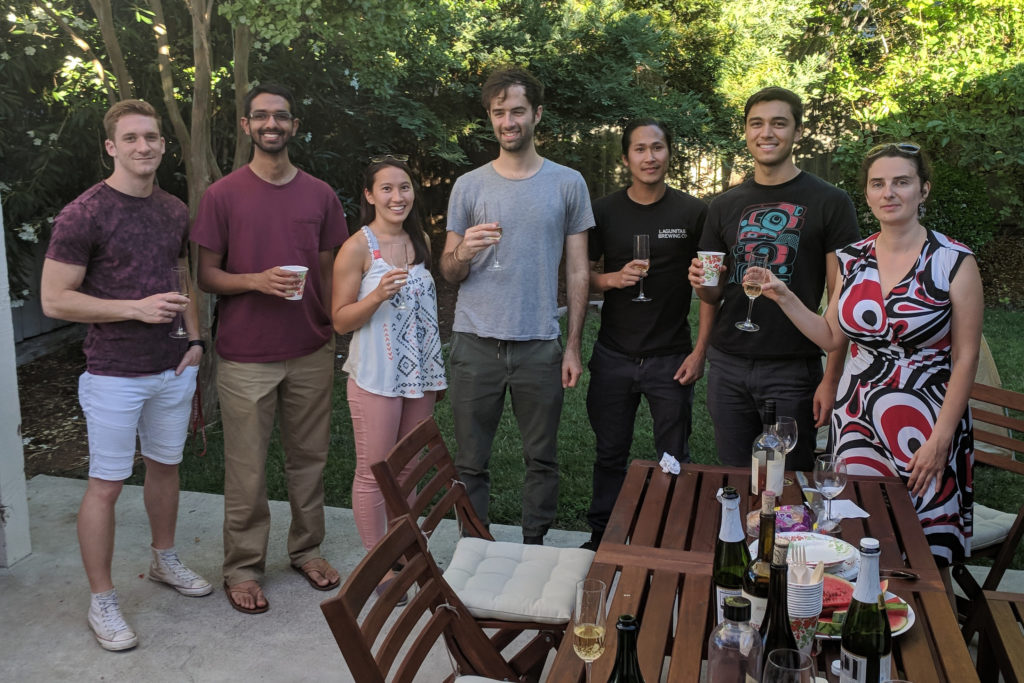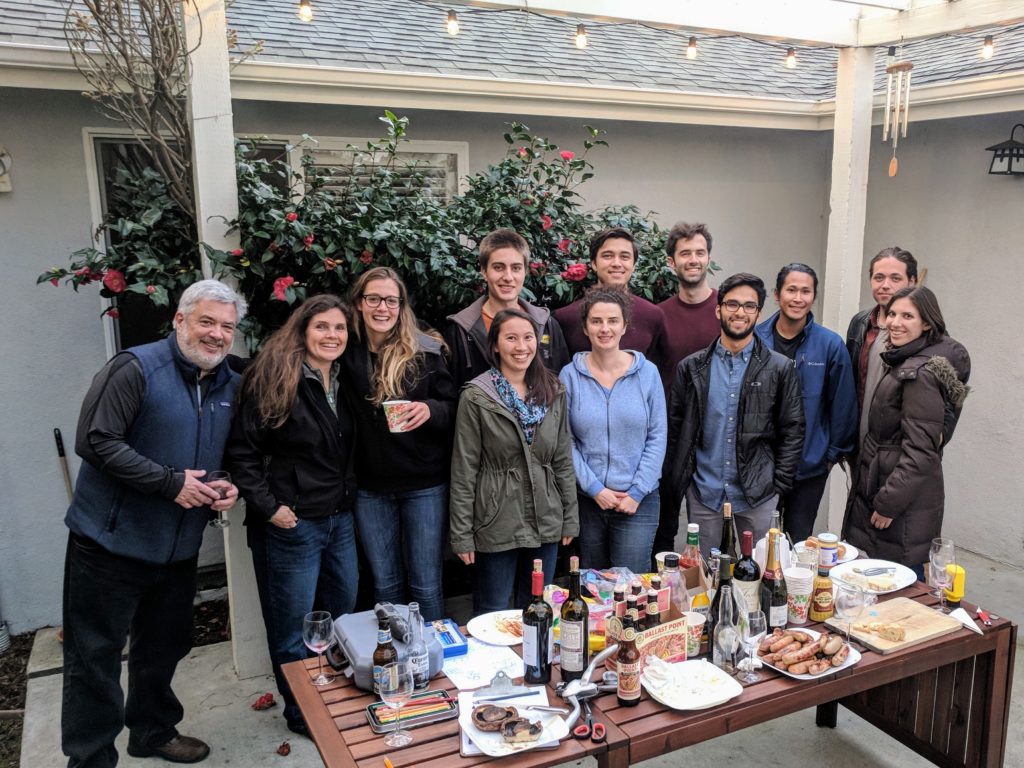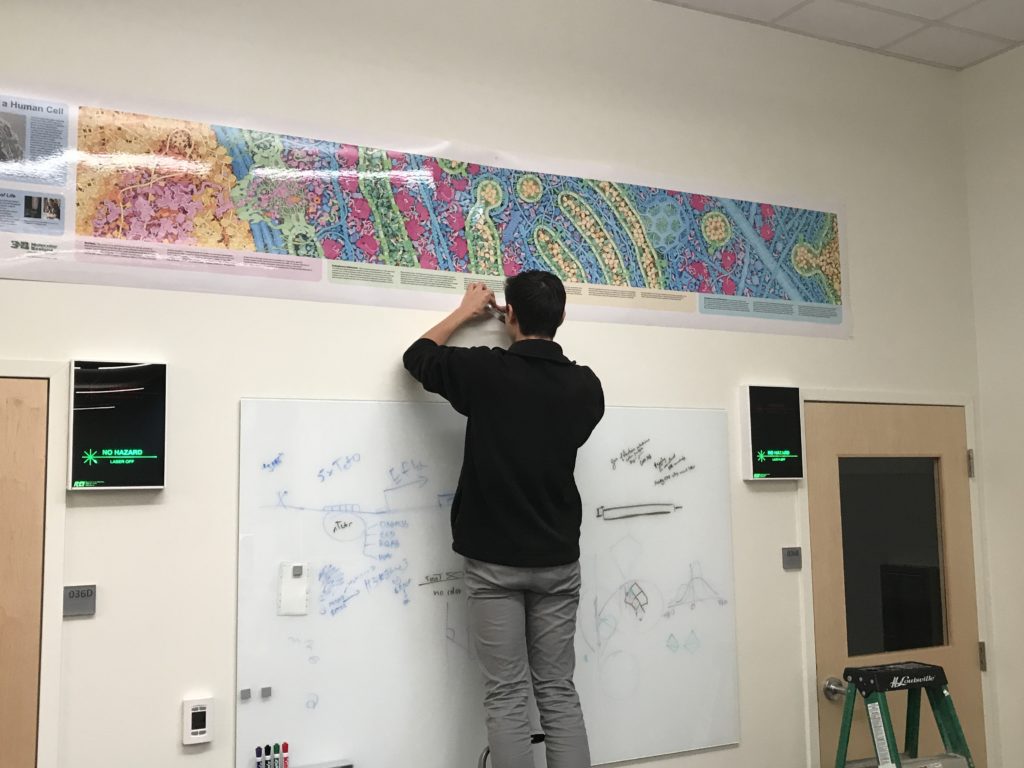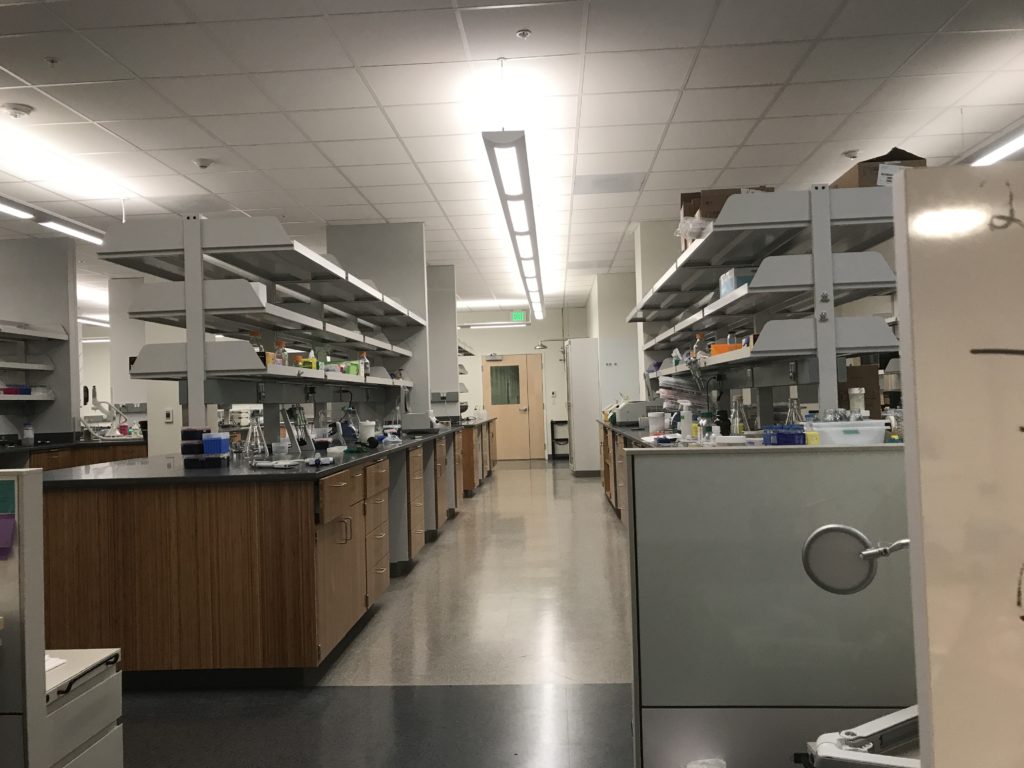An immediate opening is available for a full-time (1-2 year commitment) research assistant in the laboratory of Dr. Lacra Bintu in the Department of Bioengineering at Stanford University. The Bintu Lab uses systems and synthetic biology approaches to characterize the dynamics of gene and chromatin regulation in mammalian cells. This is an opportunity to work on a project investigating chromatin dynamics in different mammalian cells. Techniques used include engineering of mammalian cell lines, flow cytometry analysis of mammalian cells, and time-lapse microscopy movies of mammalian cells. The position will involve close collaboration with an interdisciplinary team. This is an excellent training opportunity for anyone interested in attending graduate school or medical school. Cover Letter should indicate earliest possible joining date. Stanford is an equal opportunity employer.
CORE DUTIES*:
- Plan and perform experiments in support of research projects in lab
- Interpret and perform basic analysis of results
- Review literature to remain current with new procedures and related research
- Contribute to creation and modification of procedures and protocols in collaboration with graduate students and postdoctoral fellows
- Maintain detailed records of experiments and outcomes
- Contribute to publication of findings as needed. Participate in the preparation of written documents, including procedures, presentations, and proposals
- Help with general lab maintenance as needed; maintain lab stock, manage chemical inventory and safety records, and provide general lab support as needed
* Other duties may also be assigned
QUALIFICATIONS:
- Strong academic record in molecular biology and synthetic biology
- Experience in molecular lab environment, specifically cloning and sterile tissue culture
- Attention to detail and critical thinking
- Ability to following detailed instructions and maintain accurate records
- Excellent communication and organizational skills
- Excellent interpersonal skills and ability to work with a diverse group of people
For more details, contact Lacra at lbintu [at] gmail [dot] com.







